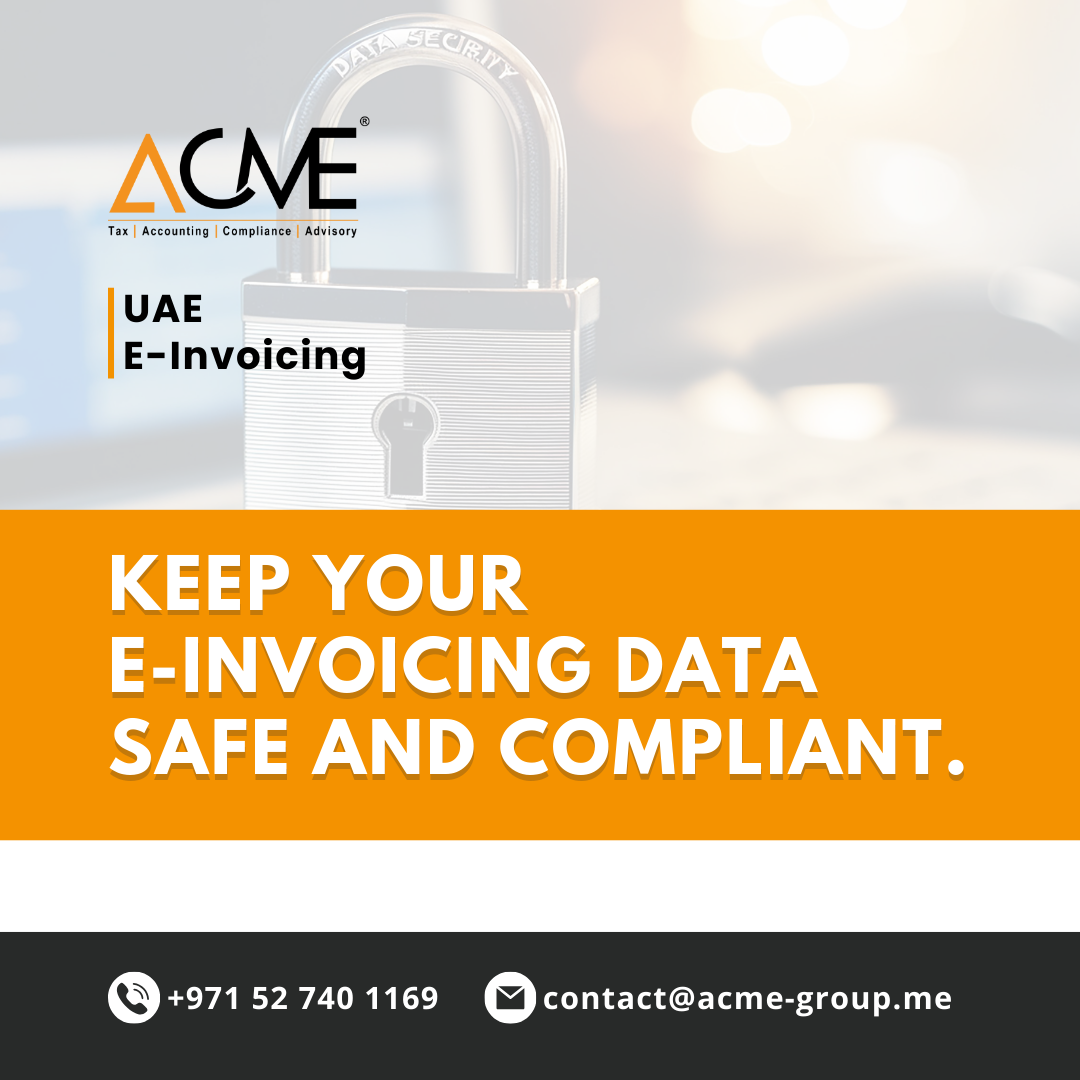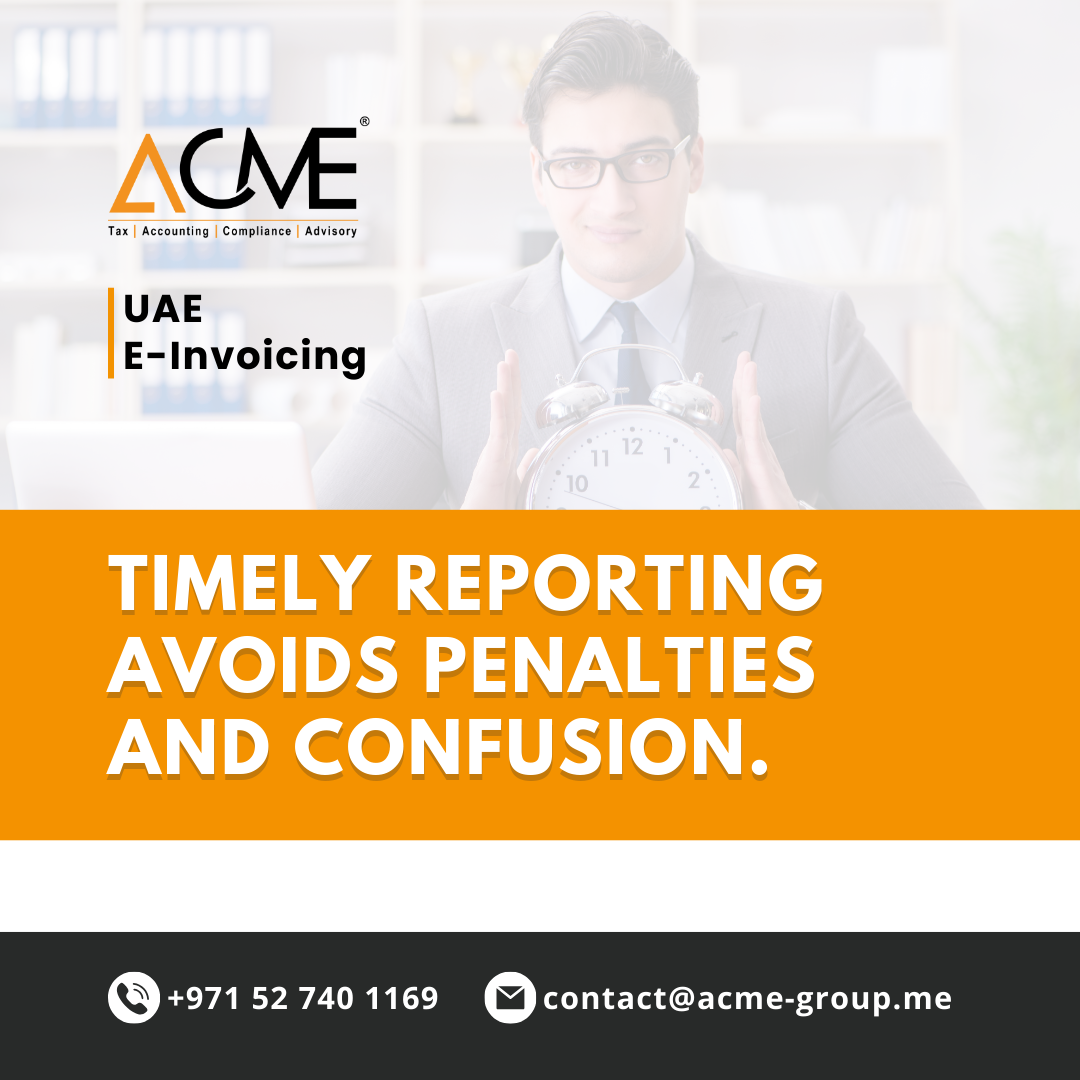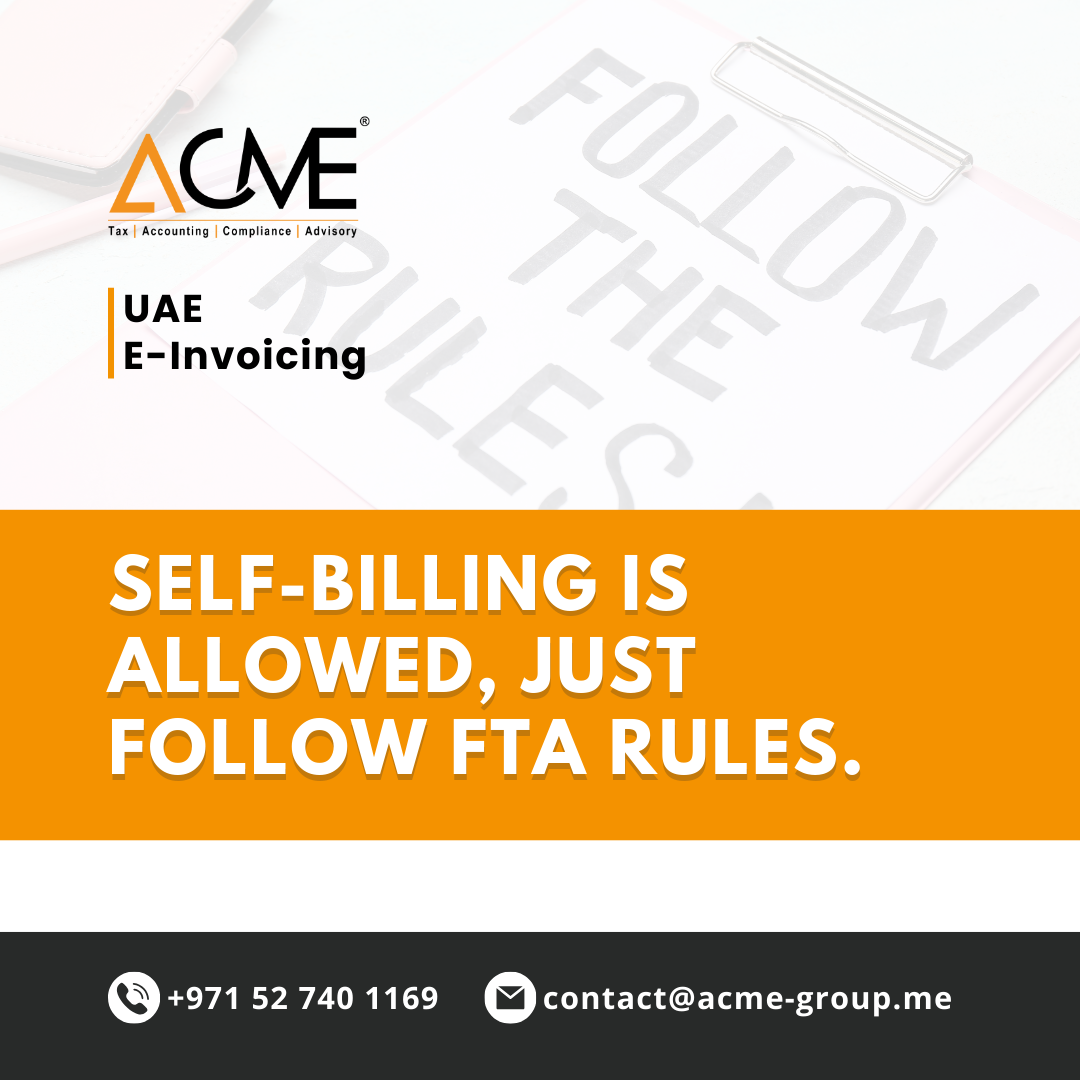Introduction
For businesses operating in Oman or looking to enter its market, particularly those involved with “Excise Goods,” understanding the nuances of the Excise Tax Law (Sultanic Decree No. 23/2019) is paramount. Beyond the strategic intent, the daily operational realities of compliance—from registration to filing and record-keeping—are where the rubber meets the road. As we are in 2025, a clear grasp of these practical obligations is essential for seamless operations and avoiding penalties.
1. Who is a “Taxable Person” and Why Register?
The law clearly defines a “Taxable Person” (or “Registrant”) as any natural or legal person who produces, imports, or places excise goods for consumption. This definition extends to those who hold or possess these goods without the tax being paid. If your business falls into these categories, registration with the Tax Authority (formerly Secretariat General for Taxation) is non-negotiable.
- Mandatory Registration: Businesses must apply for registration, providing detailed information about their activities and the types of excise goods they handle. The Implementation Guide provides specific forms and requirements for this process.
- Responsible Persons: The law also designates “Responsible Persons” within entities, who bear the ultimate responsibility for compliance, underlining the seriousness of tax adherence.
2. Understanding “Taxable Events” and When Tax is Due:
Excise tax isn’t a blanket charge; it’s triggered by specific events related to the excise goods. Knowing these “taxable events” is crucial for managing your liabilities:
- Release for Consumption: This is the most common trigger. It occurs when goods leave a tax warehouse, are sold, imported into Oman, or used for non-business purposes.
- Importation: For imported goods, the tax is generally due at the customs point unless they are moved to a tax warehouse.
- Smuggling: In cases of illicit entry or production, the tax becomes due at the time of the illegal act, or upon discovery if the exact timing is unknown.
3. Filing Tax Returns and Maintaining Records: Your Core Obligations
The cornerstone of excise tax compliance lies in accurate and timely submission of tax returns and meticulous record-keeping.
- Tax Period and Submission: Registered persons must submit a tax return to the Tax Authority within 30 days following the end of each tax period. The Executive Regulations detail the specific information required in these returns.
- Comprehensive Record-Keeping: Businesses are legally obliged to maintain:
- Accounts and financial statements (including profit and loss).
- Registers detailing excise goods, their movement, and tax status.
- Commercial documents, invoices, and customs declarations related to excise goods.
- Any other documents deemed necessary by the Tax Authority. These records must be kept for a period of at least five years, or longer if litigation is pending, enabling thorough audits and verification.
4. The Cost of Non-Compliance: Penalties and Risks
Failure to comply with the Excise Tax Law can lead to significant financial penalties. The law prescribes an additional tax of 1% per month (or part thereof) on any unpaid tax amounts, calculated from the original payment deadline. Furthermore, the Tax Authority has the power to assess taxes based on available information if a taxpayer fails to submit returns or provides incomplete data. Beyond financial penalties, non-compliance can harm a business’s reputation and lead to legal complications.
summary
Oman’s Excise Tax framework is robust and designed for effective enforcement. For businesses, a proactive approach to understanding and adhering to its provisions is not just about fulfilling a legal obligation; it’s about building a foundation of trust and stability in your operations. Investing in clear internal processes, expert advice, and robust accounting systems will be key to navigating this landscape successfully.
For understanding more about Corporate Tax, VAT, Excise Tax, Financial Services, Advisory Services, reach out to us on: contact@acme-group.me |+971 52 740 1169
This article was published on 05 July 2025.
Related Posts
Data Fortress
Key Points: Store all invoices & credit notes in UAE per Tax Procedures Law Authority may access or share data with other …
System SOS
Key Points: Notify FTA within 2 business days of any system failure Use mechanisms and procedures determined by the Authority Conclusion Timely …
Qatar’s Global Minimum Tax Hits in 2025
Key Points: Law No. 22 of 2024 amends Qatar’s Income Tax Law (Law No. 24 of 2018) to introduce the Domestic Minimum Top-Up Tax (DMTT) and …
Saudi Excise Tax: What’s New & What to Watch
Key Points: ZATCA’s Implementing Regulations for excise tax (Resolution No. 9‑1‑17, as amended) define all the updated rules for excise goods in the …
Self-Billing Simplified
Key Points: Recipients may issue invoices if both parties are registered Follow VAT Executive Regulation Conclusion Self-billing is allowed — just follow …
Join our Newsletter!
Receive updates on the latest News, Events, Webinar and more.
Our Services
-
Tax ServicesTax Services
-
Financial ServicesFinancial Services
-
AdvisoryAdvisory
-
ComplianceCompliance
Explore More
-
About UsAbout Us
-
Privacy PolicyPrivacy Policy
-
Contact UsContact Us





